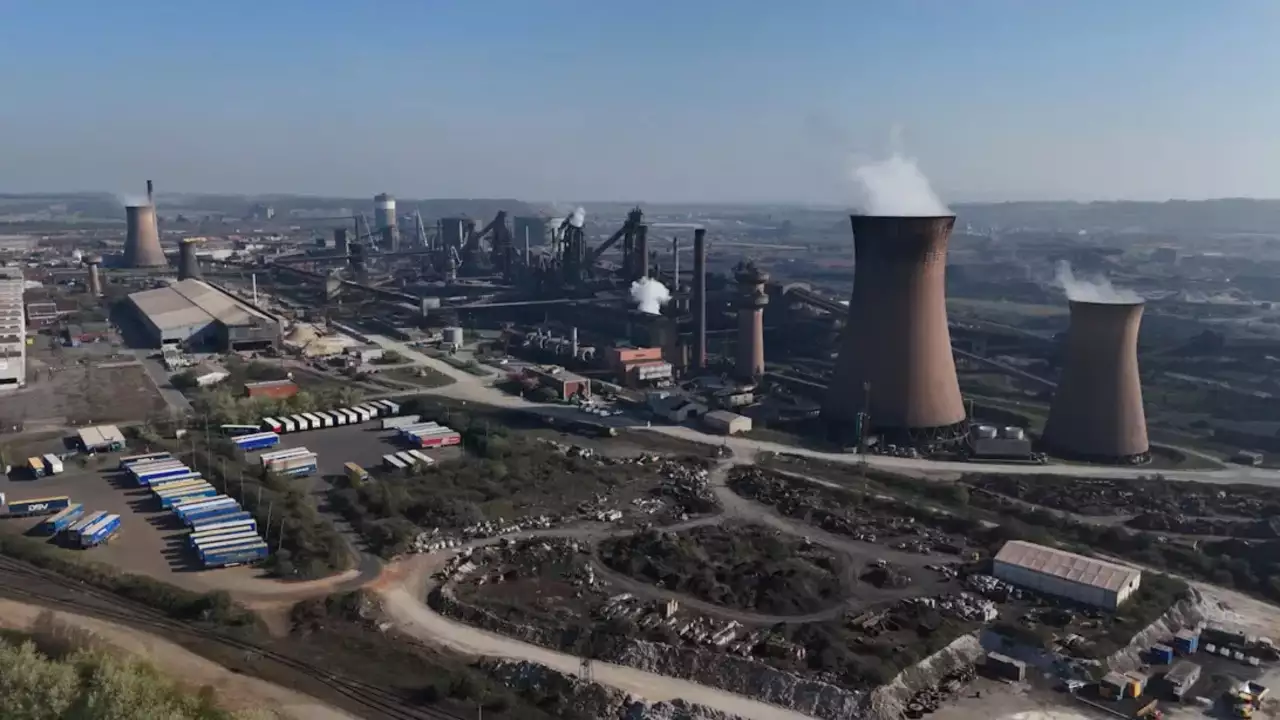UK Lawmakers Rescue Last Steel Plant from Closure

In an unprecedented move, UK lawmakers convened an emergency session on Saturday to pass critical legislation aimed at saving the nation’s last fully integrated steel plant from imminent closure. Prime Minister Keir Starmer called the session, which marks only the sixth of its kind since World War II, to address the urgent threat posed by British Steel’s Chinese owner, Jingye Group, to shut down the Scunthorpe plant’s two blast furnaces. The new law empowers Business Secretary Jonathan Reynolds to intervene directly in the operations of British Steel, ensuring the plant’s 3,000 workers receive their pay and that essential raw materials are secured to keep production ongoing.
Urgent Legislative Action
The emergency legislation was prompted by the pressing need to prevent the closure of the Scunthorpe plant, which is vital for producing virgin steel in the UK. Without immediate intervention, the blast furnaces faced permanent shutdown due to canceled orders and a shortage of critical inputs such as iron pellets and coking coal. Jingye Group has cited significant financial losses, claiming the plant is losing approximately £700,000 ($910,000) daily, exacerbated by global market pressures and rising environmental compliance costs. The company has also pointed to tariffs imposed by the U.S. as a contributing factor to its struggles.
During the parliamentary session, Reynolds emphasized the importance of the blast furnaces, stating that the UK could not afford to lose its last capacity to produce steel from raw materials. He accused Jingye of making unreasonable demands during negotiations and warned that without government intervention, the company was on a path to “irrevocably and unilaterally” shut down primary steelmaking in the country.
A Community’s Relief
Following the passage of the rescue plan, Prime Minister Starmer visited Scunthorpe to meet with steelworkers, whose jobs and the town’s rich steelmaking heritage now appear secure, at least temporarily. Starmer acknowledged the workers’ contributions, stating, “You and your colleagues for years have been the backbone of British Steel.” The atmosphere in Scunthorpe shifted from uncertainty to relief, with local soccer fans celebrating the workers during a match, highlighting the community’s deep connection to the steel industry.
The blast furnaces are not only crucial for the local economy but also represent the UK’s last remaining capability to produce steel from raw materials. If the plant were to close, the UK would become the only G7 nation unable to manufacture its own virgin steel, jeopardizing key industries such as defense, infrastructure, and rail, which rely heavily on domestic steel production.
Future of British Steel Uncertain
While the new legislation does not nationalize British Steel, it does raise questions about the future ownership of the plant. Business Secretary Reynolds acknowledged that a potential transfer of ownership to the state is a possibility if Jingye fails to comply with the new law. The legislation grants the government significant powers to direct the company’s operations, and failure to adhere could result in legal consequences for Jingye and its executives. British Steel, which was acquired by Jingye in 2020, has yet to publicly respond to the government’s intervention. As the situation develops, the focus remains on ensuring the sustainability of the Scunthorpe plant and the livelihoods of its workers, as well as the broader implications for the UK steel industry.
Observer Voice is the one stop site for National, International news, Sports, Editor’s Choice, Art/culture contents, Quotes and much more. We also cover historical contents. Historical contents includes World History, Indian History, and what happened today. The website also covers Entertainment across the India and World.

